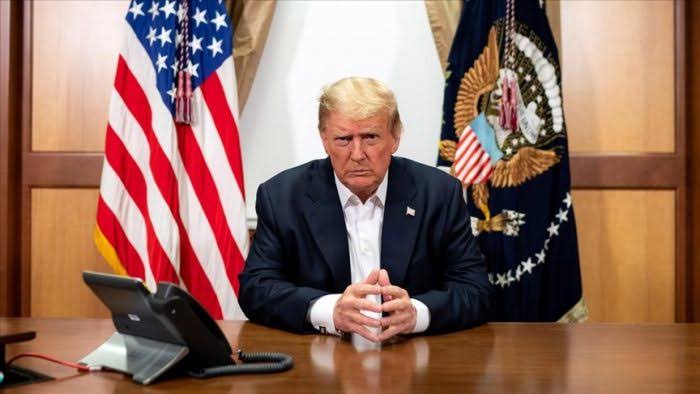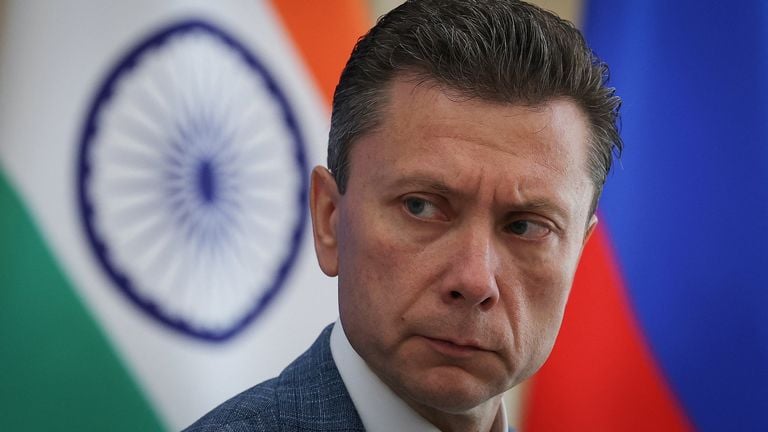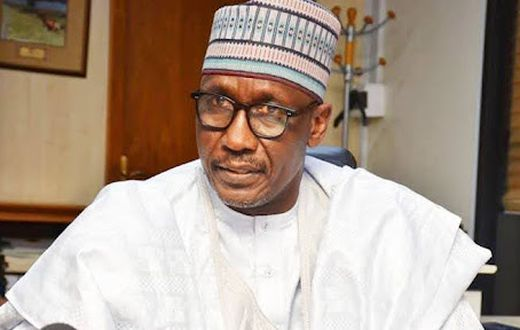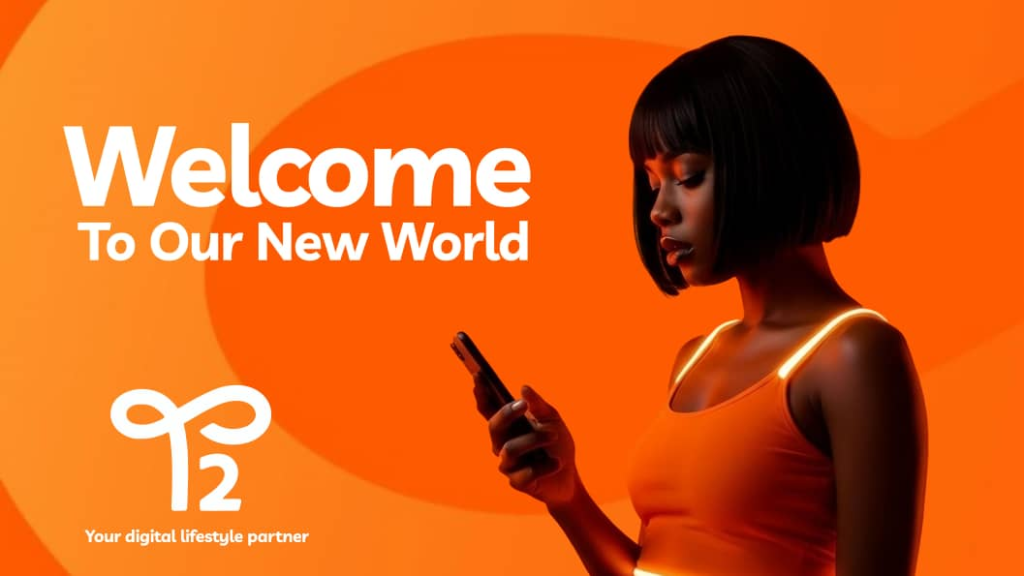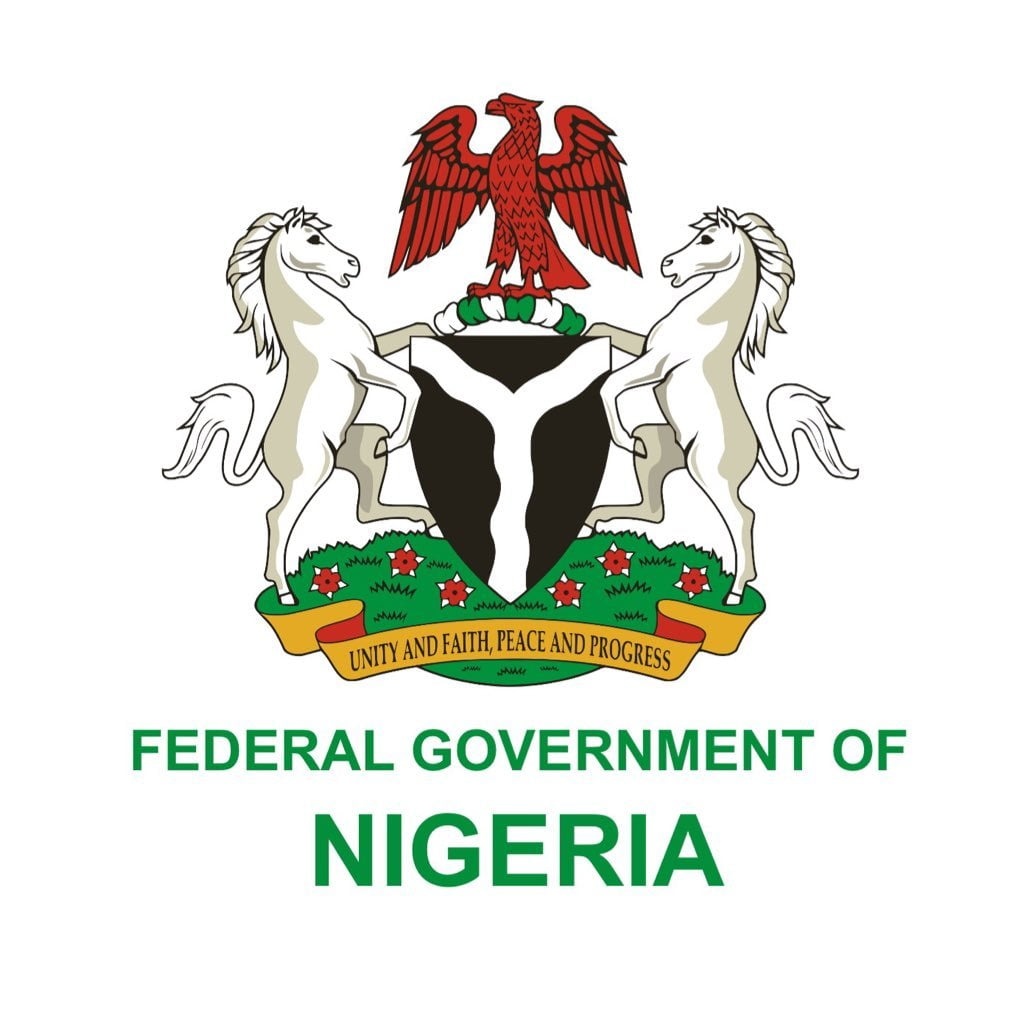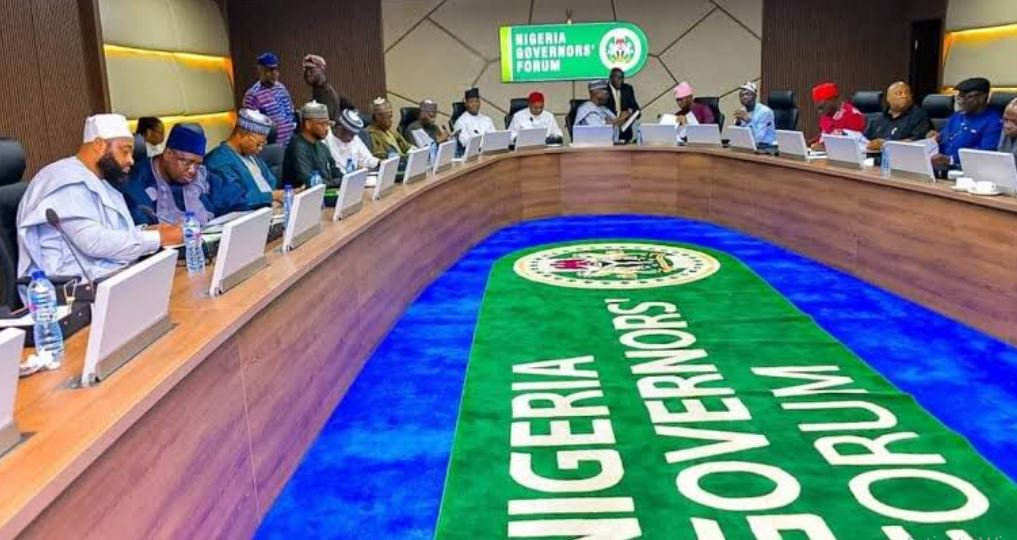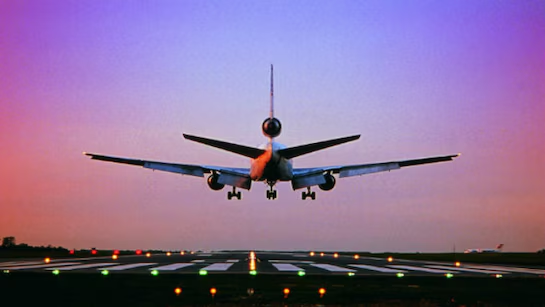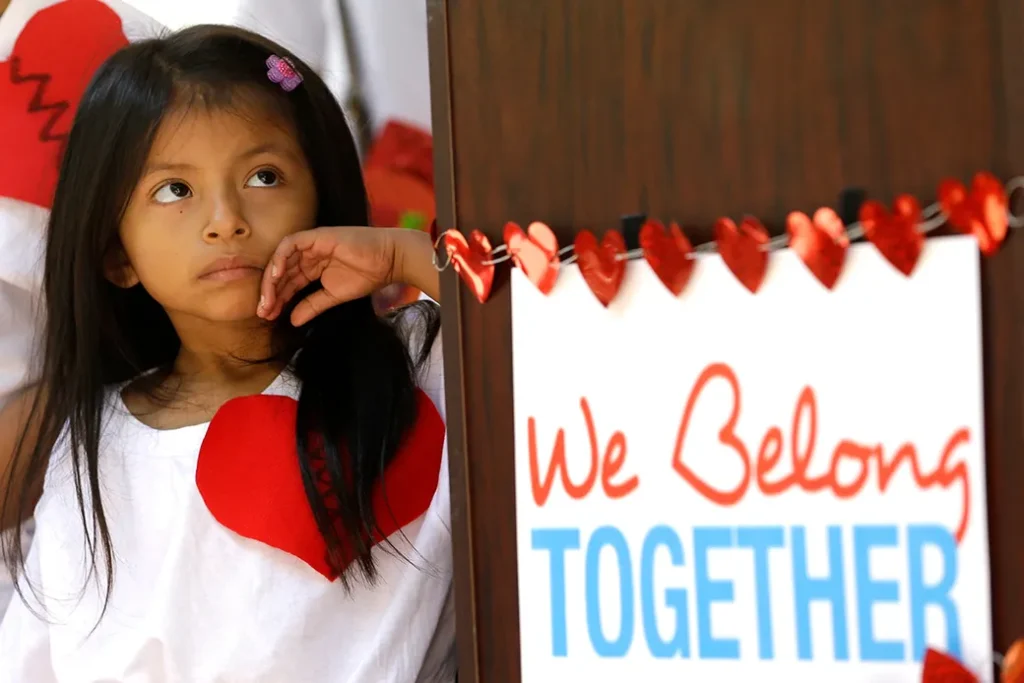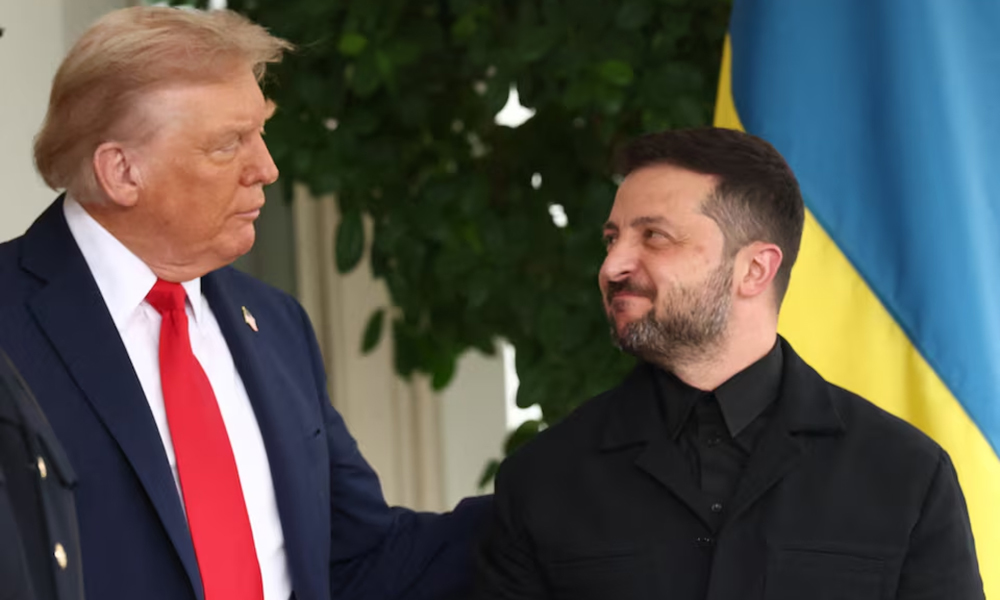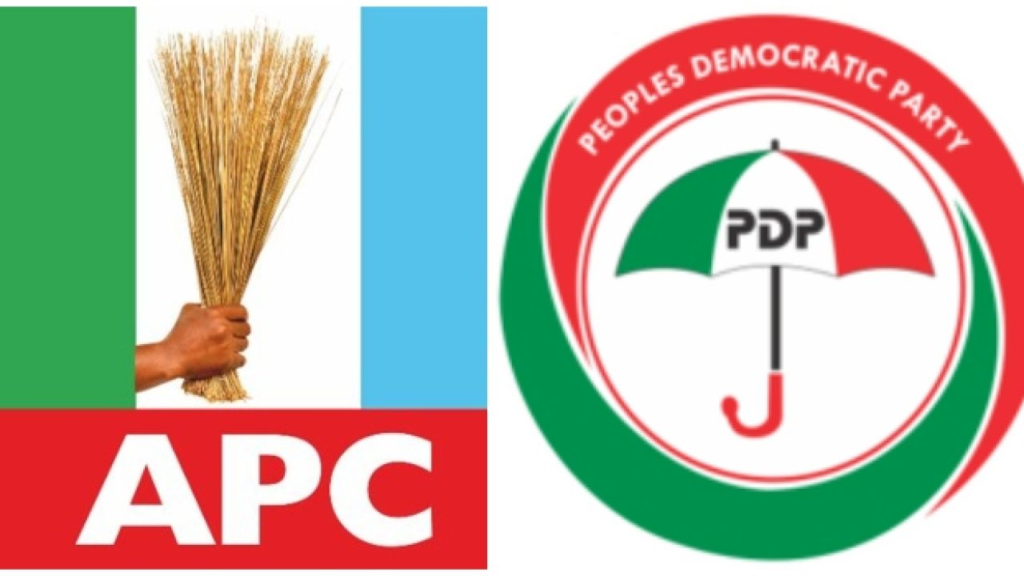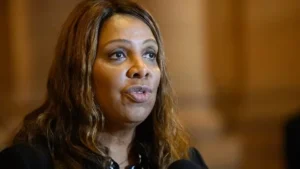The United States is weighing the expansion of its travel ban to include citizens from 36 additional countries, among them Nigeria, in what could be a sweeping escalation of President Donald Trump’s immigration restrictions.
According to a classified State Department memo reviewed by The Washington Post, the proposed expansion would affect 25 African nations—representing nearly 70% of the list—as well as key U.S. partners such as Egypt and Djibouti. Other countries under review include several in the Caribbean, Central Asia, and the Pacific Islands.
A State Department spokesperson declined to comment on what they described as “internal deliberations.” The White House also did not issue a statement in response to the report.
The memo, signed by Secretary of State Marco Rubio and sent to U.S. diplomatic missions over the weekend, outlines new criteria that these countries must meet to avoid visa restrictions or full entry bans. Governments have been given 60 days to comply, with an initial plan due by 8 a.m. Wednesday.
The document cites several reasons for the proposed restrictions, including failure to issue reliable identity or civil documents, widespread government corruption or fraud, and high rates of visa overstays by citizens of those countries. It also flags concerns over nations offering citizenship-for-investment schemes without residency requirements, and alleged incidents of anti-American or antisemitic behavior linked to individuals from some of the listed nations.
However, the memo indicates that countries willing to accept third-country nationals deported from the U.S., or to enter into “safe third country” agreements, might be able to avoid the restrictions.
While no enforcement date has been announced, the proposed list includes Nigeria, Angola, Egypt, Ethiopia, Ghana, Tanzania, Uganda, Zimbabwe, and others. Notably, this would add to the Trump administration’s June 4 proclamation, which imposed full bans on individuals from countries including Afghanistan, Iran, Libya, Somalia, Sudan, and Yemen, and partial restrictions on others like Cuba, Laos, and Venezuela.
Critics have denounced the potential expansion as discriminatory, accusing the administration of reviving the controversial travel bans from Trump’s first term—many of which targeted Muslim-majority and African nations. The original 2017 order led to mass confusion at airports and triggered legal battles before a revised version was upheld by the U.S. Supreme Court in 2018.
President Joe Biden rescinded the travel ban after taking office. However, Trump has vowed on the campaign trail to reinstate it and “make it bigger than before.”
On his Inauguration Day, Trump issued an executive order instructing federal agencies to identify countries lacking sufficient security or identity verification measures, paving the way for the latest expansion under review.

